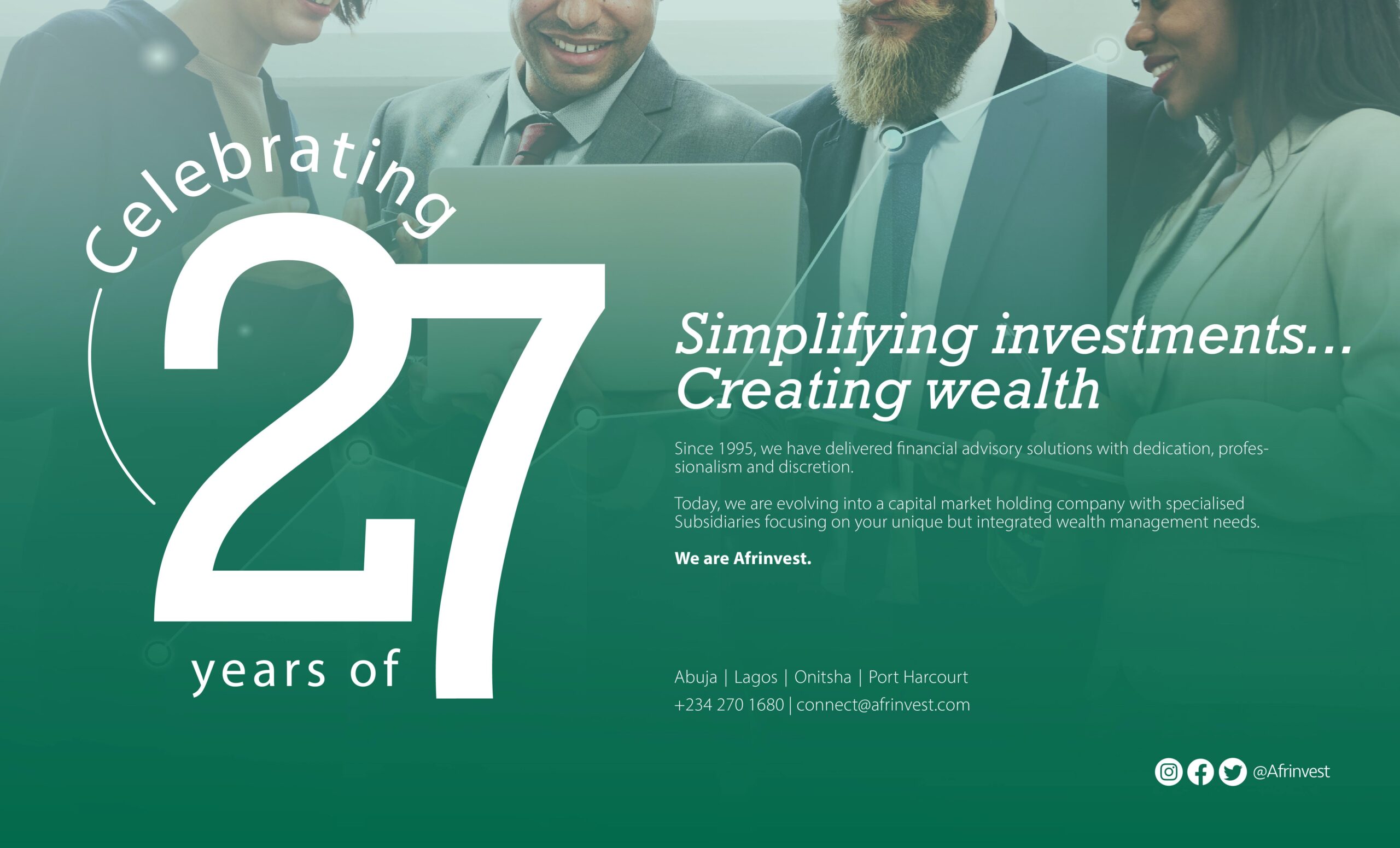The impact of technology in every sphere of life; across age strata, industries and culture cannot be overestimated. The way we now live, work and play has been changed by technology, perhaps irrevocably. Public Relations, as a discipline, regardless of whether one considers it an art or science, is not immune to the revolution of technology.
Today, technology has effectively brought about citizen journalism and enabling anyone with access to the Internet to post a message that can go viral in seconds. The days of waiting for breaking news in 24 or more hours through the traditional media are far-gone. The days of reputation managers gatekeeping information about their organisations, brands and clients with an exalted ego of having the media under their control are no more – decimated by the power of the social media. Indeed, today, no one individual or entity can claim to have absolute control over news and its dissemination.
Besides technology, there are other critical issues that influence the PR industry, which should not be ignored, which influence the PR industry. One of them is government regulation that is sometimes asymmetric in nature. The insatiable appetite of critical stakeholders and their endless demands closely follows this on organisations in the name of community relations. Then there is the ever-present issue of operating a business in a sustainable way in line with global best practice to influence the environment and people positively. These issues continue to challenge and indeed, in many instances, shape the practice of public relations. They also call to question the competence and relevance of PR professionals in managing reputation.
The one thing that technology and the other issues have used to change the industry is SPEED. Undeniably, keeping pace with the ever-evolving trends in managing stakeholders, customers and consumers, vis-a-vis the reputation of organisations, has made the operating environment for practitioners Volatile, Uncertain, Complex and Ambiguous (VUCA).
With this being our reality, can PR practitioners lead and survive in a VUCA world? Here are my thoughts on what practitioners can do to lead and survive in a VUCA world.
Be Strategic: This is the first step. People easily get carried away by happenings in their environment, succumb to pressure, become overwhelmed by daily routine and, in the long-run, lose focus, rather than being strategic. This will help you understand clearly, what the issues are, develop a clear plan, define your goals, recognise your target and develop the right message to achieve your goals. To be strategic is to be methodical, deliberate, scientific and clinical in your execution. At this stage, it is important to know that being strategic enables you to take ownership of the challenges you face and have the foresight to tackle them heads-on from a point of advantage that makes you proactive and not reactive.
Be the solution: In a VUCA environment, practitioners are faced with organisational changes, external factors – government policy summersault, economic stagnancy and low purchasing power leading to low margins and growth. In addition, community unrest and agitations influence companies’ sustainability and operations. In these circumstances, practitioners easily slide into the trap that portrays them as part of the problem. This is the time to be the solution and arise to salvage the challenged reputation of the organisation.
Again, it is important to state that being the solution does not make you the Omni-knowledge person that resolves all issues. No! It only means you have the capacity to play an advisory role that leads the company out of these challenges using your currency of influence, identifying the right stakeholders to find lasting solutions and helping to mitigate negative impact.
In a nutshell for PR practitioners to lead and survive in a VUCA word, they should have the capacity to be the organisation’s go-to people when and every time the need arises. A practitioner without this ability and capacity will not stand the test of time. Suffice to say that to be the solution is to be a resourceful, innovative, an out-of-the-box thinker and, above all, a challenger of the norm with the right attitude, mind-set and strong stakeholder management skills.
See the future; embrace it: The future of our industry will be shaped and defined by technology. Just as social media evolved from being not a ‘serious medium’ to becoming an ‘emerging media’ and now a mainstream medium to engage in real time in reputation management, so will Artificial Intelligence and Machine Learning cause a strategic paradigm shift in the industry.
The practitioners that denied the power of social media less than a decade ago must be out of relevance today. Those that will lead and survive in a VUCA word in the business of reputation management must always be willing to embrace the ever-changing dynamics of the world we live. It is not enough to be willing to embrace it, it is more important to be proactive about it, understand it and develop the skill set to use it to the benefits of the organisation. Practitioners that are constantly playing catch-up, deeply rooted on their beliefs like trees that cannot move locations will not survive a VUCA word, let alone being able to lead.
If they don’t exist already, they will in the near future become algorithms that will study trends on issues of government, regulators and community stakeholders’ engagement with appropriate recommendations of bespoke solutions to organisations, taking into cognisance cultural diversity and centricity. Headline writing is already made easy with mobile apps that enable practitioners to develop content seamlessly. The days of dissipating energy and tagging as well as being busy as being productive are over. These are the days of working smart. The options are: embrace it now if you must lead and survive or go extinct as a practitioner.
Show me a world or an industry that is not constantly challenged and I will show you a world or industry that is dying. To operate in a VUCA word is not a crime, neither is it alien to humanity. Seeing it ahead of time, preparing to overcome it with resilience, competence and operational intensity are key factors that will determine the practitioners that will survive and lead in that world. Welcome to an innovative world order, where productivity is defined by results not by efforts. To see the future and embrace it[OU1] , is to lead and survive.
Stay humble; keep learning: Just as we have seen the rise and fall of great civilisations, so have we witnessed in the rise of great men. The people we consider the greatest today are sometimes not the most powerful by might or intellectual disposition, but by humility. While we have said that to lead and survive in a VUCA world you need to be strategic and the go-to solutions person that appreciates the need to see the future and embrace it, you also need to hear this: stay humble. Yes! Stay humble and learn, learn and keep learning.
The only way to learn is to stay humble. Stay humble to learn from the best in and outside of your industry. Stay humble to learn from the meek, learn from the street, learn from people you consider unsophisticated. Stay humble and learn from anyone, anything and any circumstances. Just stay humble and keep learning.
The hallmark of leading and surviving as a practitioner in a VUCA world is to be timeless in your impact.
Get real time update about this post categories directly on your device, subscribe now.



